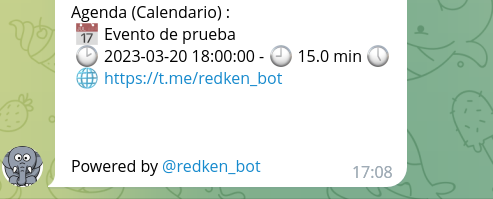
OpenShift Layered Images for patching
With recent releases of OpenShift like 4.13 you can use CoreOS Layering to apply custom images to the nodes. The feature allows to build, via a Dockerfile a custom image that can later be applied to our nodes. Let’s review the steps: First we need to find the base image being used in our environment with oc adm release info quay.io/openshift-release-dev/ocp-release:4.13.5-aarch64 --image-for=rhel-coreos Then we use the returned value in the FROM line in our Dockerfile If we want to add custom packages, we should have a server which is reachable and run createrepo on the folder containing the rpm’s so that rpm-ostree can download them for installation. Example dockerfile: ...
